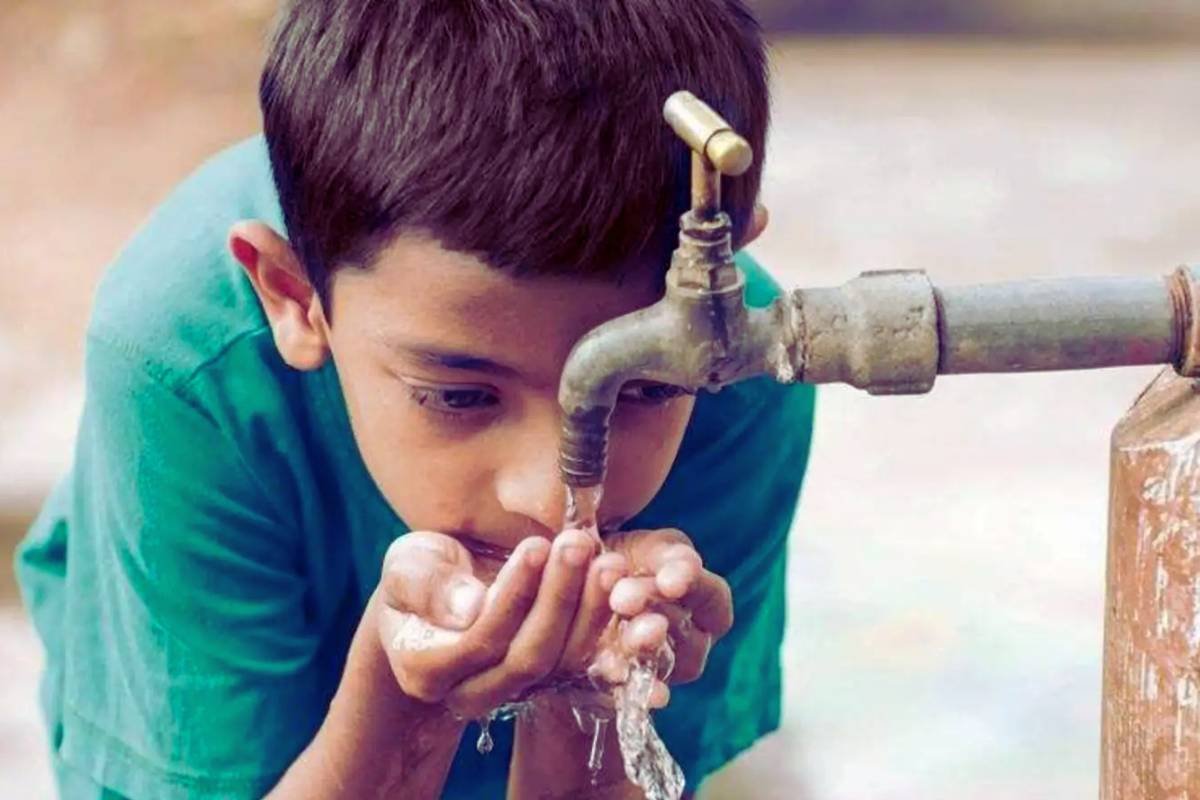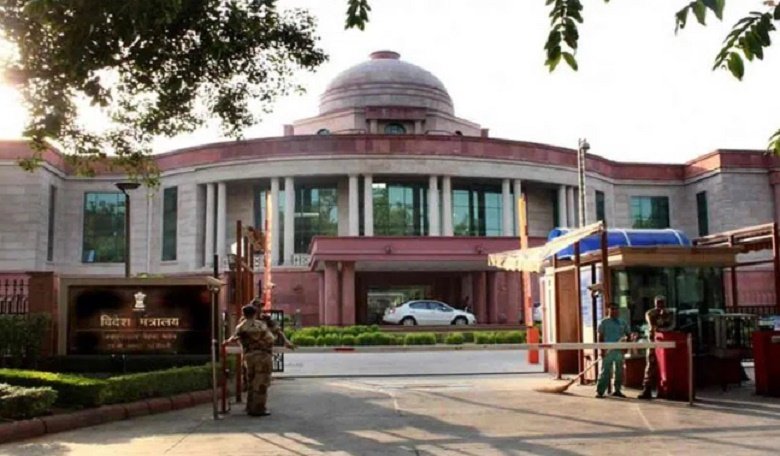KARNATAKA: Bengaluru grappling with its worst water crisis in 500 years, a staggering 1.4 crore residents are seeking alternative options amid dwindling water supplies. The unprecedented situation has prompted a mass exodus from the city, with even prospective property buyers reconsidering their plans.
Facing a worsening water crisis, The residents from luxury gated communities have been forced to utilise gym showers and public mall toilets as their primary sources of hygiene due to water shortages. One resident described the unsettling sight of un-flushed human excreta in toilet bowls, highlighting the dire circumstances faced by the community facing severe water scarcity for the past few weeks.
Bengaluru, a hub of 67 thousand IT companies, is facing its gravest water crisis in centuries, triggering widespread concern and prompting drastic measures from residents and authorities alike.
With traditional water sources dwindling, now the residents of Whitefield, KR Puram, Electronic City, RR Nagar and others, have been forced to rely on private water tankers for their daily needs. However, the high demand for water tankers has led to exorbitant prices, with suppliers charging three times the usual rate of Rs 500, placing an additional financial burden on already-strained households.
The crisis stems from the rapidly depleting Cauvery River, exacerbated by a prolonged period of low monsoon rainfall. Out of the city’s total 10,995 borewells, a staggering 7,000 are on the brink of drying up, further exacerbating the dire situation.
However on the water crises, Karnataka Deputy Chief Minister, DK Shivakumar said,” Denied Bengaluru being undergoing with water crisis. As far as Bengaluru is concerned, there is no water crisis. Only about 7,000 borewells have dried. We have made alternative arrangements for them. we have taken control of water tankers. we have identified the water sources. we will see that water is supplied.
He also blamed the Bhartiya Janata Party for playing a “political game”.
In response to the crisis, the Bengaluru Water Supply Board has implemented stringent measures to conserve water resources. Residents found wasting water or using drinking water for non-essential purposes, such as filling swimming pools, face hefty fines of Rs 5,000. Additionally, many residential societies have opted to restrict water supply to four hours during the morning and evening in a bid to save water and alleviate the strain on dwindling resources.
The impact of the water crisis extends beyond daily routines, with the city’s property market bearing the brunt of the situation. Prospective property buyers, deterred by the uncertainty surrounding water availability, have begun to reconsider their investment plans, further exacerbating the economic repercussions of the crisis.
Meanwhile, in Bandepalya, a low-income suburb, residents line up with buckets from early morning, awaiting the arrival of water tankers to meet their daily needs.
The water crisis has pushed residents to adopt drastic measures, including limiting showers to just five times a month, opting for takeout instead of cooking and utilising treated water for non-drinking purposes.
Few decades ago, Bengaluru was renowned for its abundant water resources, with a network of man-made lakes providing ample supply to its residents. However, rapid urbanisation and unchecked development have led to the depletion of water bodies and a loss of the city’s ability to absorb water.
According to experts, Bengaluru’s transformation into a major tech hub has resulted in exponential growth, leading to the encroachment of forests and the construction of concrete structures, which hinder groundwater recharge. As a result, the city’s reliance on external water sources, such as the Cauvery River, has increased, exacerbating the impact of water scarcity on its residents.
The current water crisis has also taken a toll on industries and businesses, with garment factories slowing production and restaurants facing doubled water bills. Bengaluru are trying everything possible to deal with an unprecedented water crisis that has gripped the city.




